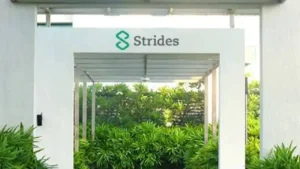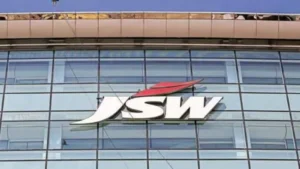As expected, the Monetary Policy Committee (MPC), the interest rate-setting body in India, left the repo rate unchanged on August 10, citing a lingering threat of inflation in the economy. Asia’s third largest.
The decision comes after a recent spike in inflation due to soaring food prices. A basis point is a hundredth of a percentage point. The MPC kept the repo rate, or the rate at which the central bank lends banks short-term loans, at 6.5%.
Monetary policy language has suggested that the RBI is clearly in wait-and-see mode as inflation fears continue to pervade the economy despite a decline in recent months. Since May 2022, the RBI has raised rates by 250 basis points as part of its fight against inflation. The country’s retail price inflation accelerated to 4.81% in June from 4.31% in May, as vegetable prices were higher and the favorable base effect disappeared.
Announcing the decision on Thursday, Reserve Bank of India (RBI) Governor Shaktikanta Das reiterated his caution on inflation. Despite the jump in June inflation numbers, looking at the broader trend over the past four months, inflation remains well below the 6% mark. In May, CPI inflation was 4.25%, down from 4.5% in April and 5.66% in March. However, economists did think that despite the fall in inflation, the MPC could continue with a cautious approach and keep rates steady during the August monetary policy review cycle, which is exactly what it is. that the MPC did on Thursday.
In the previous policy, the interest rate setting committee made it clear that the next target is to bring it closer to the medium-term target of 4%, which is still far from achieved. In addition, there are lingering risks of high inflation, which could affect food prices, such as El Nino and the possibility of an erratic monsoon distribution. A closer look at the June figures shows that food prices are playing a role once again, with the consumer food price index CPI up 2.5% month-on-month.
Core inflation, or the non-food and non-oil portion of headline inflation, has remained steady, although it has dipped below 6% in recent months. Core inflation has remained between 5.5% (in June) and 6.1% (in March) over the past four months.
Earlier, a Reuters poll of economists had predicted the MPC would keep the base rate at 6.50% until the end of March 2024. A majority said interest rates would remain. It remained there until the first quarter of 2024, followed by a 50 basis point cut at the end of June, around the same time markets expected the US Federal Reserve to begin cutting interest rates.
In addition, another survey of economists by Reuters showed that retail price inflation in India is likely to accelerate to 6.40% in July as food prices soar, surpassing the highest in the range. Reserve Bank of India 2-6% tolerance for the first. Five months.
Food prices, which account for almost half of the inflation basket, have spiked over the past two months, largely due to erratic monsoon winds across the country, which pushed tomato prices at wholesale markets up more than 1,400% in three months. via.





